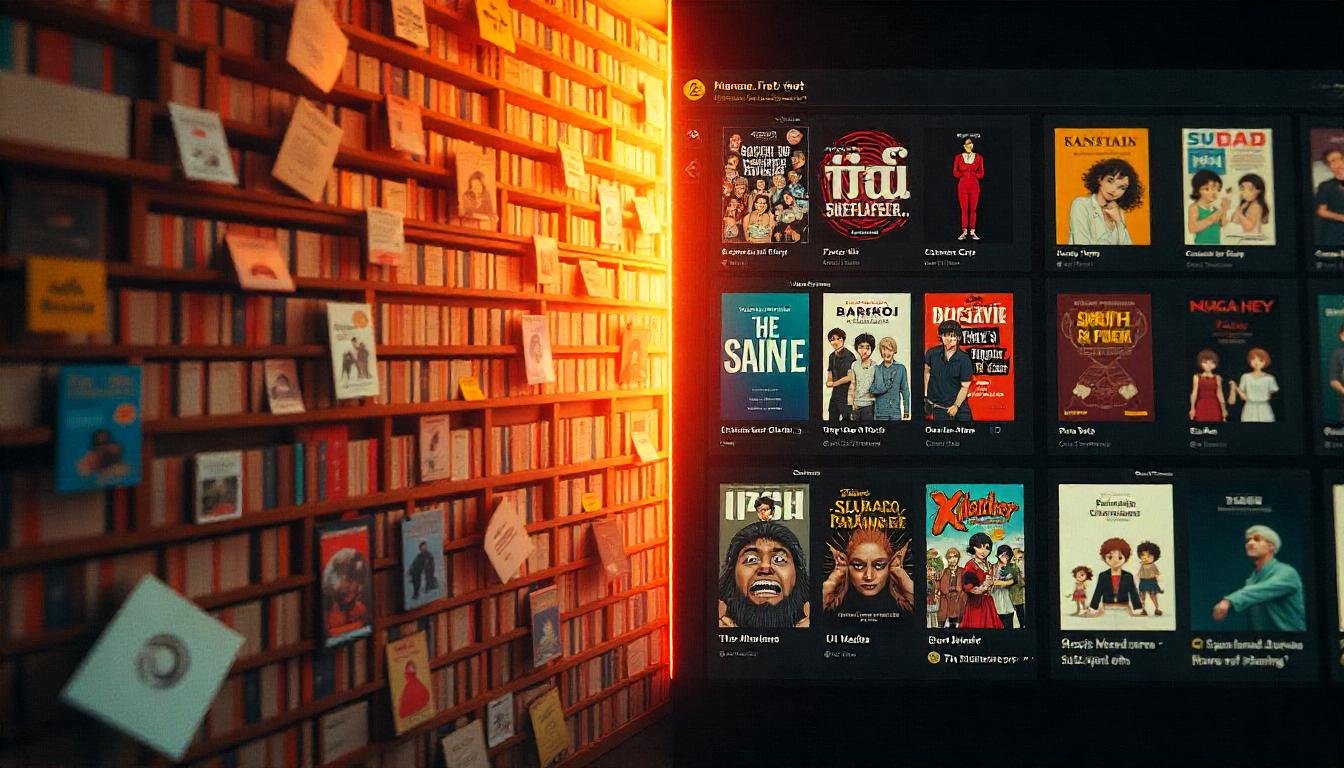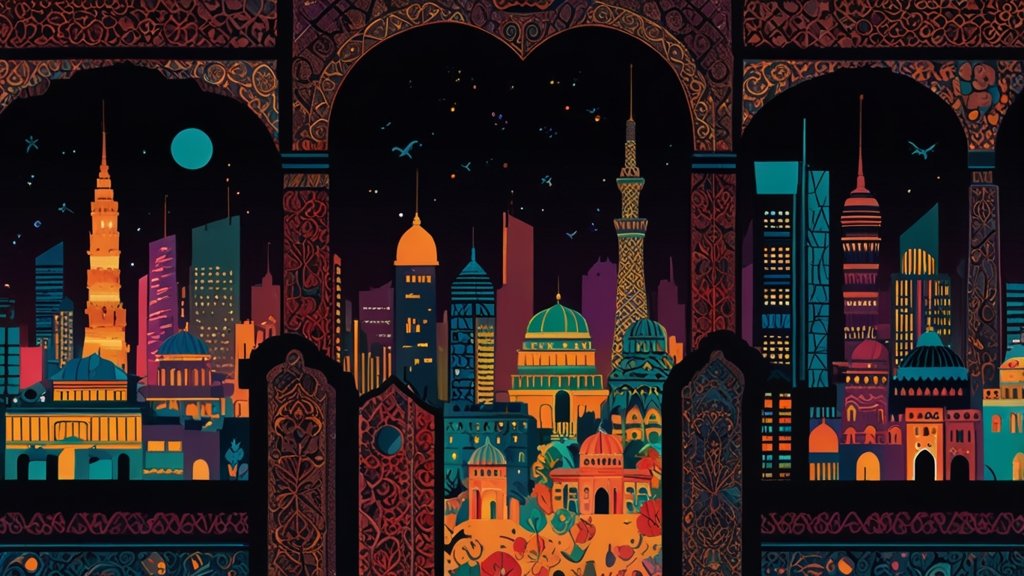The internet has changed how people access entertainment, and manga and manhwa are no exception. While official platforms like Viz Media or Webtoon dominate the market, unofficial sites like demonic scans.org have gained popularity for their fast updates and free content. However, this convenience comes with significant legal and ethical questions. Let’s explore how this platform works, why fans use it, and the debates it sparks.
What Is Demonic Scans.org?
Demonic scans.org is a fan-driven website that hosts translated manga and manhwa. Unlike official platforms, it relies on volunteers to scan, translate, and upload content. The site offers a vast catalog, including titles not licensed in English, making it a go-to for readers seeking niche or lesser-known series. Fans often praise its rapid chapter releases, which sometimes outpace legal services.
How Does Demonic Scans.org Work?
The platform operates through community contributions. Volunteers, called “scanlators,” scan physical manga or capture digital versions, translate the text, and edit the images. These chapters are then uploaded to demonic scans.org for free access. Because the process skips licensing deals, new chapters often appear hours after their original release. However, this model means creators and publishers don’t earn revenue from the site’s traffic.
Why Do Fans Use Demonic Scans.org?
Timeliness and variety drive the site’s appeal. For example, fans of ongoing series don’t want to wait months for official translations. Additionally, many older or obscure titles aren’t licensed in English, leaving scanlation sites as the only option. The platform also fosters a sense of community, with readers discussing plots and thanking translators in comment sections.
READ ALSO: Unraveling Quest Supremacy 139 and its Emotional Impact
What Are the Legal Issues?
Copyright laws protect manga and manhwa, meaning only rights holders can distribute translations. Since demonic scans.org doesn’t obtain licenses, it operates illegally. Publishers like Shueisha (creator of One Piece) regularly issue takedown notices to such sites, but many evade shutdowns by changing domains. Users rarely face consequences, but hosting copyrighted content exposes the platform to lawsuits.
Ethical Concerns Surrounding the Platform
Beyond legality, ethical debates focus on fairness. Artists and writers spend months creating content, but scanlation sites don’t compensate them. This loss of income can harm smaller creators who rely on sales. Conversely, supporters argue scanlation promotes series globally, potentially boosting future official releases. Still, critics stress that unauthorized access undermines the industry’s sustainability.
Conclusion
Demonic scans.org highlights the tension between fan access and creative rights. While it offers quick, free manga and manhwa, its unauthorized model risks harming the creators and publishers behind beloved stories. Fans must weigh convenience against supporting the industry through legal platforms. As the digital landscape evolves, finding a balance between accessibility and ethics remains critical.
FAQs
- Is Demonic Scans.org legal?
No. The site distributes manga and manhwa without permission from copyright holders, violating intellectual property laws. - How does Demonic Scans.org update chapters so quickly?
Volunteer scanlators work immediately after a chapter’s release, bypassing official translation and licensing processes. - Why do people use unofficial sites like Demonic Scans.org?
Fans prioritize fast access, niche titles, or free content, often due to delayed official releases or regional restrictions. - Can using Demonic Scans.org harm creators?
Yes. Unauthorized distribution reduces sales and royalties, impacting creators’ ability to earn from their work. - Are there alternatives to Demonic Scans.org?
Yes. Platforms like Crunchyroll Manga, Manga Plus, and Webtoon offer legal, licensed content, often with free chapters supported by ads.
YOU MAY ALSO LIKE: Your Guide to jjk manga online: Read Jujutsu Kaisen Now











